Musings on Modigliani
You can blame my friend Iris. If she hadn't started passing on to me her copies of "The Spectator" I wouldn't have read Craig Raine's review of "The Letters of T.S. Eliot, Volume 6, 1932—1933" in the 12th March 2016 issue, would I?
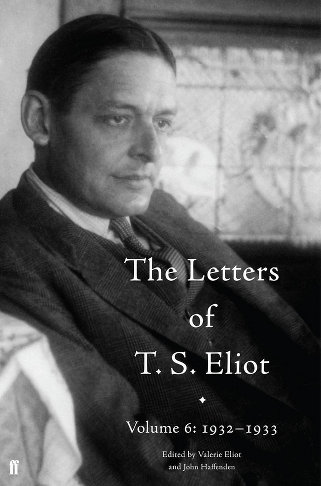
Had I not been sufficiently amused by one of the anecdotes therein (in the review, not the letters) I would not have ordered a copy that is even now on its way to me from "Speedy Hen". And I would not have been presented by Amazon with a set of "Recommendations" based on your "recent order history". These included a Graham Swift1 title with a delicious lady on the cover:
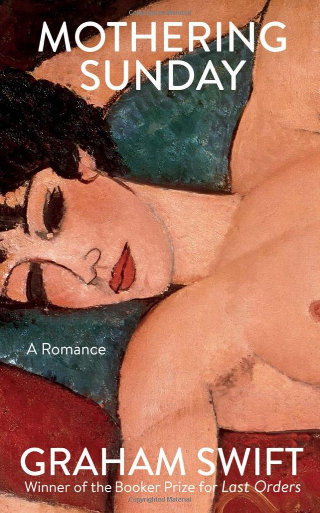
Although I recognised the lady — instantly, in fact — it's perhaps amusing to see that the visual cue filed in my memory was, erm, bushier. The same lady appears on the front cover of a Naim Attalah "Quartet" book in its 1978 paperback edition...
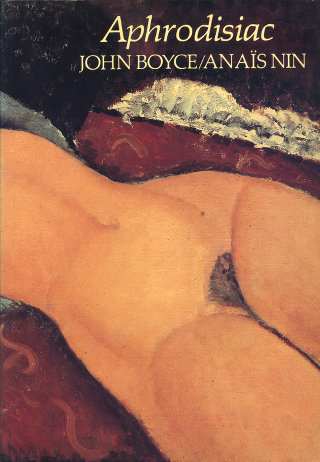
... (translation: one I could afford, at £4-95) of the 1976 original.2 It's only when you turn to the back cover that the lady becomes more recognisable, perhaps:
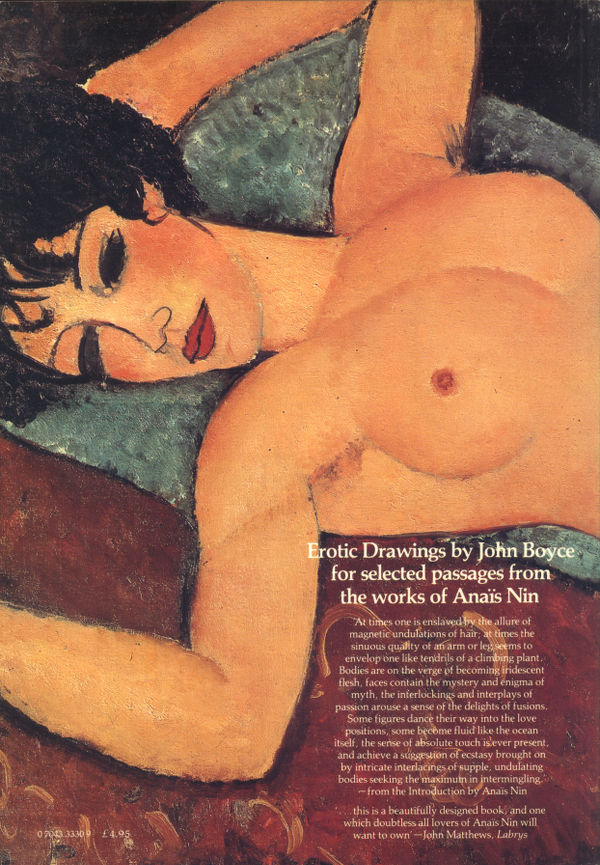
Amedeo Modigliani's "Nu couché"...
... or, sometimes, "Red nude" was painted in 1917-1918 and sold at Christie's New York on 9th November 2015 for $170,405,000 to the Long Museum in Shanghai run by a chap the New York Times described as "a former taxi driver3 turned billionaire art collector".
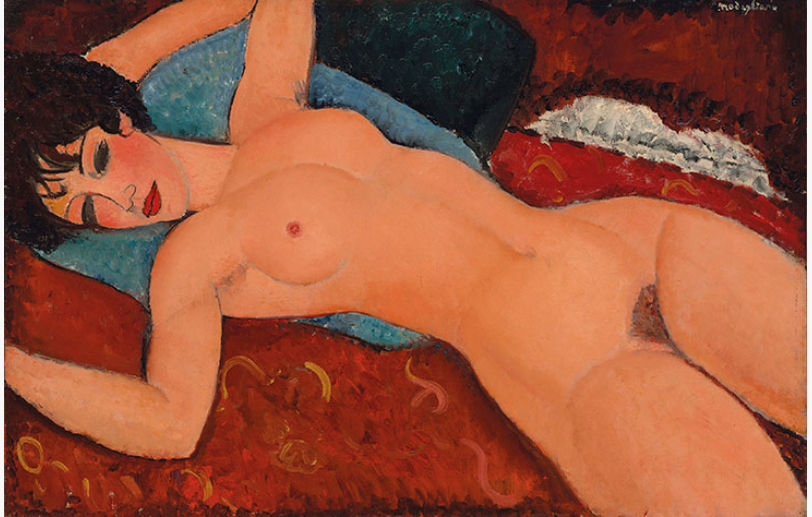
In the winter of 1918-19, a desperate Modigliani offered to sell the entire contents of his Paris studio — which may well have included Christie's "Nu Couché" — to the British writers Osbert and Sacheverell Sitwell, for £100, or $300 (roughly $4,700 today). According to John Pearson's 1978 book, "Facades: Edith, Osbert, and Sacheverell Sitwell," the aristocratic brothers could not raise the cash.
That anecdote?
It introduced me to two new meanings of the phrase "A June bride":
John Haffenden has garlanded the letters with copious, lengthy footnotes. In one such, he says that Auden, in 1965, remembered using the phrase "a f****d hen" but that, back in 1932, Eliot (his publisher, of course) had suggested a more cautious substitution, namely "A June bride". Auden was (as I would have been) baffled at this.
Eliot explained that in an election the defeated candidate said he felt like a June bride: "sore but satisfied". The victor meanwhile had said he (also) felt like a June bride: "I knew it would be big, but I didn't think it would be that big."
Out of respect for Valerie Eliot's feelings, the anecdote remained under wraps until Humphrey Carpenter used it in his 1981 biography of Auden — at which point Mrs Eliot wrote to him: "The anecdote about TSE and the June bride is delicious!"